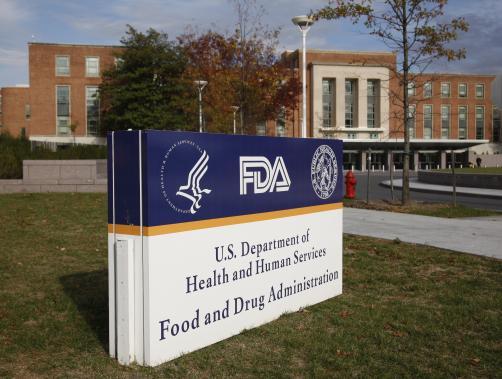FDA's Duchenne drug approval greeted with joy, but remains controversial

After months of uncertainty and controversy, the FDA has given approval to Sarepta's Duchenne muscular dystrophy drug – even though it hasn't yet shown any proof it can slow progress of the devastating disease.
The US Food and Drug Administration approved Sarepta’s Exondys 51 (eteplirsen) injection, making it the first drug available for the rare genetic muscle-wasting disease in the country.
Indicated for patients with a confirmed mutation of the dystrophin gene amenable to exon 51 skipping, the drug could be used in around 13% of the disease population.
Sarepta’s share price almost doubled following the announcement, jumping from below $30 at the start of the day, to an all-time high of more than $53 on the NASDAQ stock exchange following the announcement.
Shares in rival PTC Therapeutics, which has a DMD drug conditionally approved in the EU but not in the US, also jumped following the announcement.
Unusually, the FDA has decided not to follow advice from an advisory committee of medical experts, which rejected the drug earlier this year.
Hundreds of boys with Duchenne and their families and advocates were at the meeting of the Peripheral and Central Nervous System Advisory Committee, to urge the FDA to approve the drug.
The committee voted 7-3 against approval. The three abstentions reflected these panel member's belief that there was insufficient evidence from a single historically-controlled study to show efficacy.
Exondys 51 was approved using the FDA’s accelerated approval pathway, for drugs that treat serious or life-threatening diseases, which have an advantage over existing treatments.
The accelerated approval of Exondys 51 is based on the surrogate endpoint of dystrophin increase in skeletal muscle observed in some Exondys 51-treated patients.
In this case the FDA said Sarepta’s data showing an increase in production of dystrophin – the protein that preserves muscle that is lacking in DMD patients – is likely to predict a clinical benefit in the patient population.
But a clinical benefit of Exondys 51, including improved motor function, has not yet been established, the FDA noted.
The FDA is requiring Sarepta to perform a further clinical trial to prove that the drug improves motor function in DMD patients who have a particular mutation in a gene that produces dystrophin, a protein key in proper muscle function.
If Sarepta fails to generate convincing data, the FDA has the power to revoke its approval of the drug.
In making the decision, the FDA says it balanced potential risks associated with the drug, the life-threatening nature of the disease, and the lack of available therapy.
Some commentators say the decision is a step backwards for drug regulation, fearing it could open the door to other drugs which also have no proven efficacy, but do have the backing of vocal patient groups.
The charity CureDuchenne said it was "overwhelmed with joy" with the news, and congratulated Sarepta and the families who had taken part in trials.
Sarepta has already confirmed the US price of its treatment - around $300,000 a year for the average patient. This is lower than some analysts had expected, but Sarepta's chief executive Dr. Edward Kaye said the pricing was in the middle range for rare disease treatments and an acknowledgment of pricing sensitivities.











